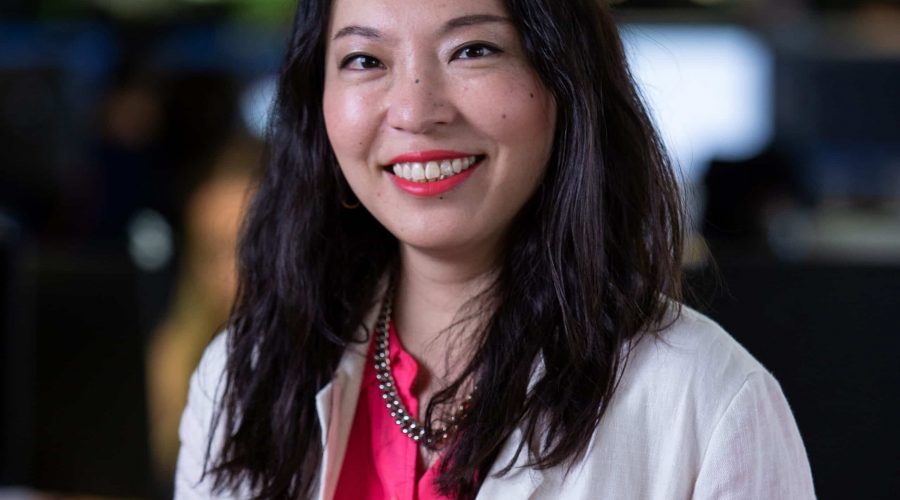Financy’s Women’s Index (FWX) shows we’re making strides in improving financial gender equality but we need to expedite growth to achieve this goal through actions.
To close the employment, superannuation, and gender pay gap, we need to turn discussions into action; in the workplace, legislation, and the societal and cultural expectations of all genders, not just women.
The gender gap is narrowing in superannuation and employment, two critical factors supporting women to establish financial security and equality. The superannuation gender pay gap, in particular, is a promising measure. We’ve identified that this has closed to 25%, and we’re progressing in unpaid work and the gender pay gap.
We know that older women are currently the fastest-growing group of people facing homelessness[1]. It’s a critical issue for a wealthy, advanced economy and caring society like Australia.
Closing the gender gap in superannuation will help reduce the gendered threat of homelessness, providing critical access to the social security that healthy superannuation was designed to offer. We also need more policy support for affordable housing for women. Let’s keep the progress going!
Slowly (too slowly, I’d say), we are seeing more frank and raw discussions and re-evaluations of women’s roles not only in the media and in the public sphere, but at work, at home, and hopefully within families and relationships.
Grassroots cultural change starts with actions and each of us in our conversations with friends, family, and colleagues at barbecues, dinners, the pub, and the park. I believe that cultural change that leads to genuine policy and institutional change across both public and private sectors has the power to create faster change.
Business too has a big part in changing the societal, economic, and financial expectations of both women and men – taking bigger steps toward gender equality and making sure it’s measured and robust inside our organisations.
I want to see more companies like Wisr offering full paternity leave and increased flexibility for a hybrid working environment, enabling parents (and not just mothers!) to better balance the great juggle of life.
Women need more freedom and support to continue their careers instead of being phased out of the workforce and cut short of financial opportunities.
There is so much that organisations can creatively do to help push the conversation further, like talking about women’s issues; unconscious bias and how we’ve all internalised patriarchy in different ways, the new science behind periods and other “women’s issues” that previously were taboo to discuss in the workplace is how we can all evolve more.
When brought into the workplace and made safe, these topics of conversation and others deemed ‘taboo’ can help everyone feel psychologically safe enough to deeply explore their own unconscious bias toward themselves, their teammates, and their families.
I believe that women’s issues are not “other women’s issues.” They are my issues, our issues, and we, as individuals and as women looking to step into our power, all have a role to play in helping the index move faster toward equality.
We’re heading in the right direction, but I know we need to, and we can run a lot faster. Let’s together have more honest, deep conversations about the roles of women and men, our expectations of each other and ourselves, and put these discussions into action in as many ways as we can – the time to change and look inside is now.
[1] https://humanrights.gov.au/our-work/age-discrimination/projects/risk-homelessness-older-women
Financy is a fearless believer in economic equality, which uses data insights to accelerate progress and support organisational efforts in diversity, equity & inclusion.













